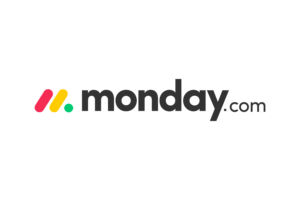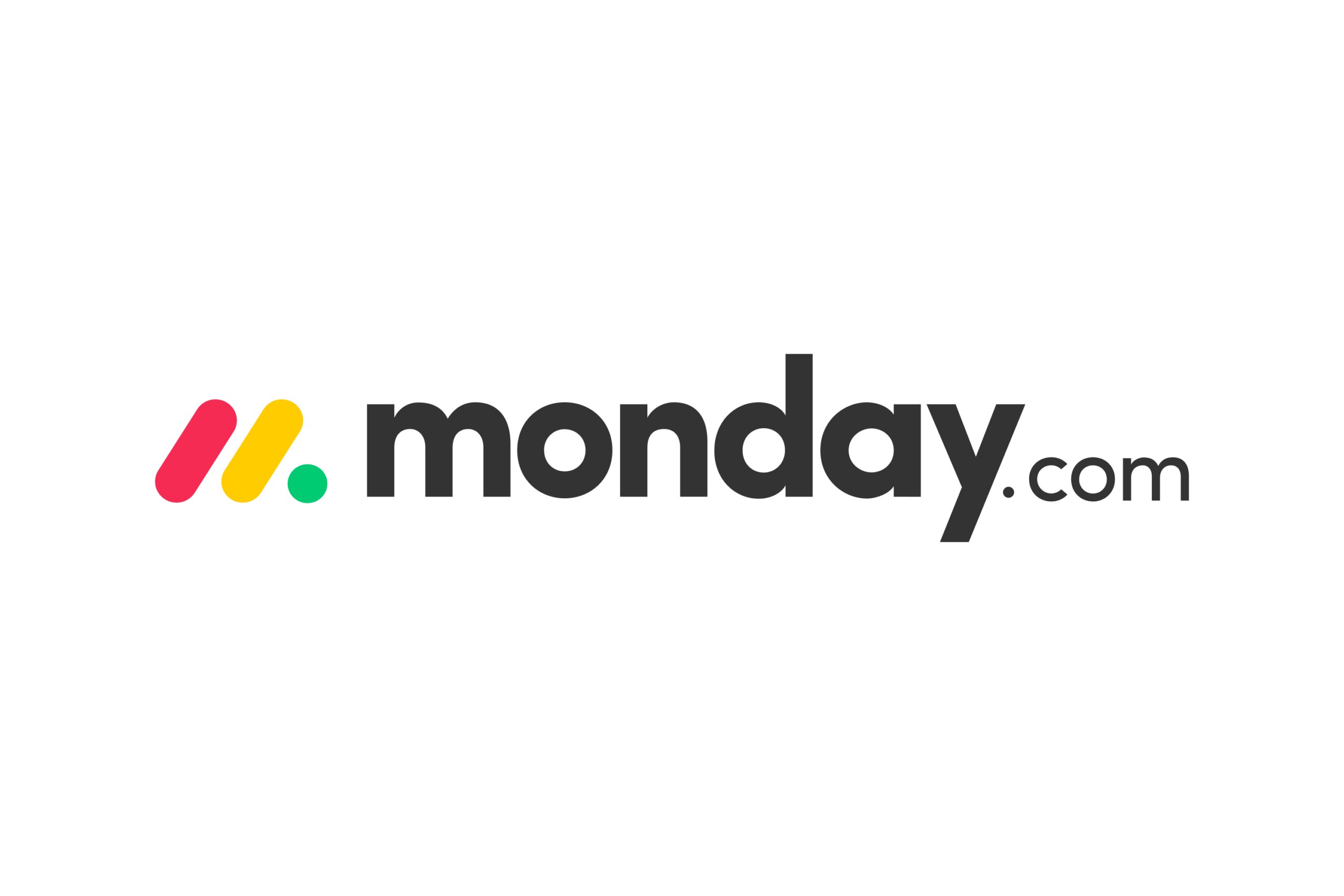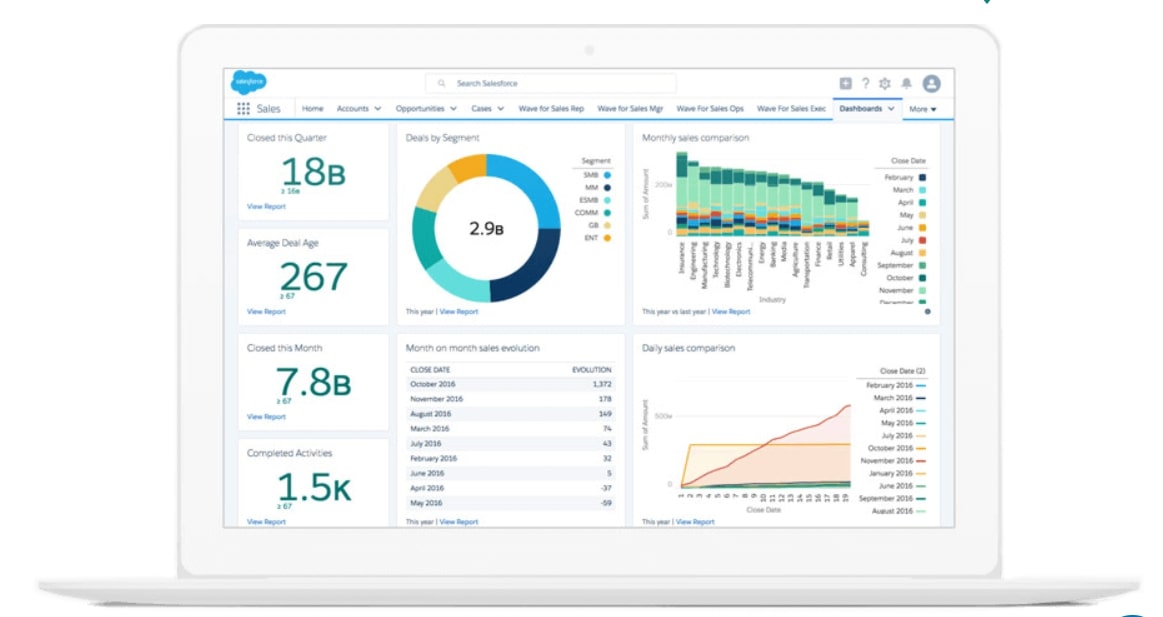Atlassian is a software company that provides a suite of tools for software development, project management, and collaboration. Their flagship product, Jira, is a project management tool that helps teams plan, track, and manage their work. It is widely used by software development teams, but it can also be used for other types of projects. Atlassian also offers other tools like Confluence, Bitbucket, and Trello, which can be integrated with Jira to provide a complete project management solution.
On the other hand, monday.com is a cloud-based project management tool that offers a visual and intuitive interface for managing projects. It is designed to help teams collaborate, plan, and track their work in real-time. monday.com offers a range of features like customizable workflows, time tracking, and integrations with other tools like Slack, Google Drive, and Trello.
Both Atlassian and monday.com have their strengths and weaknesses, and the choice between them depends on your business needs. Atlassian is more suitable for software development teams, while monday.com is more suitable for teams that need a visual and intuitive interface. In the end, the choice between them comes down to your specific requirements and preferences.
Atlassian vs monday.com: Overview
Atlassian and monday.com are both project management software tools that offer a range of features to help teams collaborate and manage their work. However, there are some key differences between the two platforms.
Atlassian is a more comprehensive suite of tools that includes project management, issue tracking, collaboration, and software development tools. It is designed for larger teams and organizations that need a more robust set of features to manage complex projects. Atlassian’s flagship product, Jira, is a popular choice for software development teams.
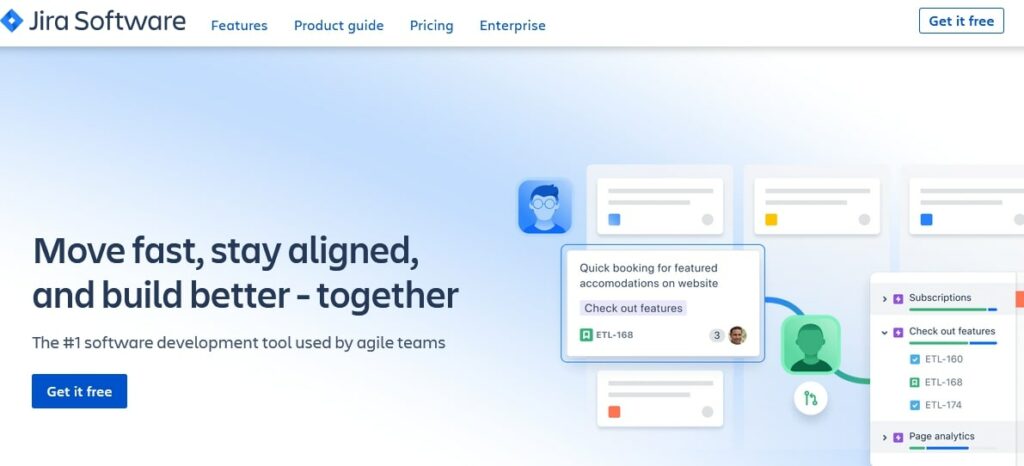
monday.com, on the other hand, is a more streamlined and user-friendly platform that is designed for teams of all sizes. It offers a visual, drag-and-drop interface that makes it easy to create and manage tasks, projects, and workflows. monday.com also offers a range of integrations with other tools, such as Slack and Trello, to help teams streamline their workflows.
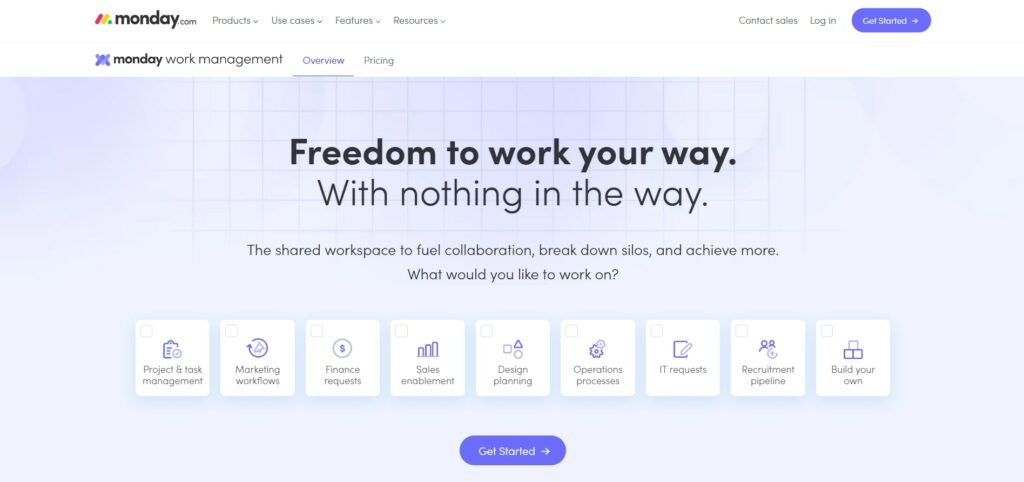
Overall, Atlassian is a more powerful and feature-rich platform, while monday.com is a more user-friendly and accessible option for teams of all sizes. The choice between the two will depend on the specific needs and preferences of your team.
Monday.com is the best cloud-based project management tool that helps teams manage their workflow and collaborate more effectively. It provides a visual overview of your team's progress, making it easy to identify bottlenecks and areas for improvement. It's a great option for teams looking for a flexible and intuitive project management solution.
- User-friendly interface that allows for easy task and project management
- Customizable templates for various industries and functions
- Integration with popular apps like Slack, Google Drive, and Trello
- Visual overview of team progress and project status
- Flexible and intuitive project management solution
Atlassian vs monday.com: Similarities
Atlassian and monday.com are both software companies that offer project management tools to help teams collaborate and work more efficiently.
Both Atlassian and monday.com provide cloud-based solutions that can be accessed from anywhere with an internet connection.
Atlassian and monday.com offer a range of features such as task management, team communication, and project tracking to help teams stay organized and on track.
Both Atlassian and monday.com offer integrations with other popular tools such as Slack, Google Drive, and Trello to provide a seamless workflow for users.
Atlassian vs monday.com: Differences
Atlassian offers a wide range of software products for project management, collaboration, and software development, while monday.com focuses solely on project management and team collaboration.
Atlassian’s products are designed for larger teams and enterprises, with features such as advanced reporting, custom workflows, and integrations with other software tools. In contrast, monday.com is geared towards smaller teams and startups, with a simpler interface and more user-friendly features.
Atlassian has a strong focus on software development, with products such as Jira and Bitbucket specifically designed for developers. monday.com, on the other hand, is more focused on general project management and team collaboration, with features such as task management, time tracking, and communication tools.
Atlassian vs monday.com: Key Features
Atlassian and monday.com are two popular project management tools that offer a range of features to help teams collaborate and manage their work effectively. Here are some key product features of both tools:
Atlassian
- Agile project management: Atlassian offers a range of agile project management tools, including Jira Software, which allows teams to plan, track, and release software projects.
- Collaboration: Atlassian’s Confluence tool provides a platform for teams to collaborate on documents, share knowledge, and create content.
- DevOps: Atlassian’s Bitbucket tool provides a platform for teams to manage their code repositories, collaborate on code, and automate their software development processes.
- Integrations: Atlassian offers a range of integrations with other tools, including Slack, Trello, and Microsoft Teams.
- Customization: Atlassian allows teams to customize their workflows, fields, and issue types to fit their specific needs.
monday.com
- Customizable workflows: monday.com allows teams to create custom workflows to fit their specific needs, including automating repetitive tasks and creating custom notifications.
- Collaboration: monday.com provides a platform for teams to collaborate on projects, share files, and communicate in real-time.
- Project management: monday.com offers a range of project management tools, including Gantt charts, timelines, and calendars.
- Integrations: monday.com offers a range of integrations with other tools, including Slack, Trello, and Google Drive.
- Reporting: monday.com provides a range of reporting tools, including customizable dashboards and analytics, to help teams track their progress and identify areas for improvement.
Overall, both Atlassian and monday.com offer a range of features to help teams collaborate and manage their work effectively. Atlassian is particularly strong in agile project management and DevOps, while monday.com offers strong customization and reporting tools. The choice between the two tools will depend on the specific needs of your team and the features that are most important to you.
Atlassian vs monday.com: Data Analytics and Reporting
Atlassian and monday.com are two popular project management tools that offer data analytics and reporting features. Here is a detailed comparison of their capabilities:
Data Visualization
Atlassian offers a range of data visualization tools, including Gantt charts, burn-down charts, and agile boards. These tools help project managers to track progress, identify bottlenecks, and make data-driven decisions.
On the other hand, monday.com offers a variety of customizable dashboards that allow users to visualize data in different ways, including charts, graphs, and tables.
Customization
Atlassian allows users to customize their reports and dashboards to suit their specific needs. Users can create custom fields, filters, and workflows to track the metrics that matter most to their projects.
Similarly, monday.com offers a high degree of customization, allowing users to create custom views, columns, and automations to streamline their workflows.
Integration
Atlassian integrates with a wide range of third-party tools, including Jira, Confluence, and Trello. This allows users to pull data from multiple sources and create comprehensive reports that provide a holistic view of their projects.
In contrast, monday.com offers a range of integrations with popular tools like Slack, Google Drive, and Dropbox, making it easy to share data and collaborate with team members.
Collaboration
Atlassian offers a range of collaboration features, including comments, mentions, and notifications. This allows team members to stay up-to-date on project progress and communicate effectively.
Similarly, monday.com offers a range of collaboration tools, including comments, mentions, and activity logs, making it easy for team members to work together and stay on the same page.
Reporting
Atlassian offers a range of reporting tools, including custom reports, dashboards, and analytics. These tools allow users to track progress, identify trends, and make data-driven decisions.
Similarly, monday.com offers a range of reporting tools, including customizable dashboards, analytics, and insights, making it easy to track project performance and identify areas for improvement.
Overall, both Atlassian and monday.com offer robust data analytics and reporting features that can help project managers to track progress, identify bottlenecks, and make data-driven decisions. However, the specific features and capabilities of each tool may vary depending on the needs of the user.
Atlassian vs monday.com: User Friendliness
When it comes to user friendliness, Atlassian and monday.com have their own strengths and weaknesses.
From a visual perspective, monday.com has a more modern and visually appealing interface. Its use of color coding and customizable boards make it easy to navigate and understand. Atlassian, on the other hand, has a more traditional and text-heavy interface that may be overwhelming for some users.
In terms of ease of use, Atlassian has a steeper learning curve due to its extensive features and customization options. However, once users become familiar with the platform, it can be a powerful tool for project management and collaboration. Monday.com, on the other hand, is more intuitive and straightforward, making it easier for new users to get started.
When it comes to collaboration, both platforms offer a range of features such as task assignment, commenting, and file sharing. However, monday.com’s visual interface and real-time updates make it easier for teams to stay on the same page and track progress. Atlassian’s collaboration features are more robust, but may require more effort to set up and manage.
Overall, both Atlassian and monday.com have their own strengths and weaknesses when it comes to user friendliness. It ultimately depends on the specific needs and preferences of the user and their team.
Atlassian vs monday.com: Collaboration
Atlassian and monday.com are both popular collaboration tools that offer a range of features to help teams work together more effectively. Here’s a comparison of their collaboration features:
Communication
Both Atlassian and monday.com offer communication features such as chat, comments, and notifications. However, Atlassian’s communication tools are more robust, with integrations for popular messaging apps like Slack and Microsoft Teams.
Project Management
Both tools offer project management features such as task tracking, timelines, and calendars. However, monday.com’s interface is more user-friendly and customizable, making it easier for teams to manage their projects.
File Sharing
Both tools allow users to share files and collaborate on documents. However, Atlassian’s file sharing features are more advanced, with integrations for popular cloud storage services like Dropbox and Google Drive.
Integration
Both tools offer integrations with other apps and services. However, Atlassian has a wider range of integrations, including popular tools like Trello, Jira, and Confluence.
Collaboration Features
Both tools offer collaboration features such as team boards, activity feeds, and user profiles. However, monday.com’s collaboration features are more intuitive and user-friendly, making it easier for teams to work together.
Overall, both Atlassian and monday.com offer powerful collaboration features that can help teams work more efficiently. However, Atlassian is better suited for larger teams with more complex workflows, while monday.com is ideal for smaller teams looking for a more user-friendly interface.
Atlassian vs monday.com: Integration
Atlassian and monday.com both offer a wide range of third-party integrations that allow users to connect their favorite tools and services to their project management platforms. These integrations can help streamline workflows, improve collaboration, and increase productivity.
Atlassian offers integrations with popular tools such as Slack, Trello, Google Drive, and Microsoft Teams, as well as a range of developer tools such as GitHub, Bitbucket, and Jira Software. These integrations allow users to easily share information and collaborate across different platforms, as well as automate tasks and workflows.
monday.com also offers a range of third-party integrations, including popular tools such as Slack, Google Drive, and Dropbox, as well as a range of marketing and sales tools such as HubSpot, Salesforce, and Mailchimp. These integrations allow users to streamline their workflows and automate tasks, as well as improve communication and collaboration across different teams and departments.
Overall, both Atlassian and monday.com offer a robust selection of third-party integrations that can help users improve their workflows and increase productivity. While the exact number of integrations available may vary, both platforms offer a wide range of options that can be customized to meet the specific needs of each user.
Conclusion
In conclusion, both Atlassian and monday.com offer unique features and benefits that cater to different needs and preferences.
Atlassian is better suited for larger teams and organizations that require advanced project management tools and software development solutions.
On the other hand, monday.com is ideal for smaller teams and businesses that prioritize collaboration, communication, and task management.

